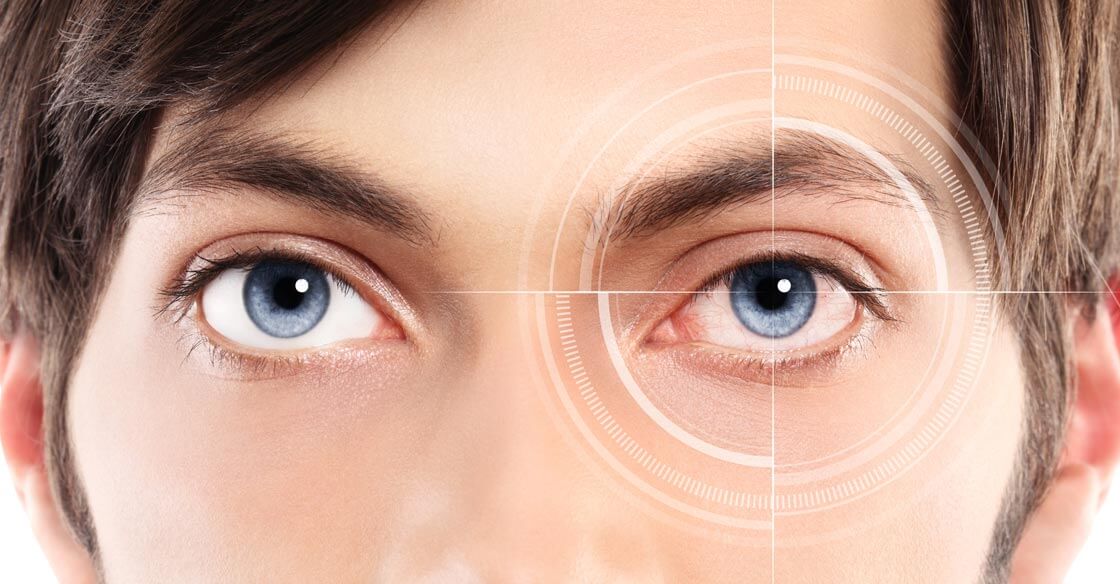Ultimate Guide: Common Eye Irritants and How to Treat Them

Mother Nature went through a great deal of trouble to protect our precious eyes. First, she put them in recesses of our faces. Then she completed her masterpiece by adding eyebrows, eyelashes, eyelids, and tear ducts to keep them clean. Hence, there is no need to rub them hard when they feel irritated. Instead, we should identify the causes and know how to go about treating eye irritants.
Treating Eye Irritants – The Common Ones We Ought to Know
And the Number One Irritant Is … Ourselves
Yep, you got it, and our modern way of living is the cause of many other modern maladies, like stress, and carrying too much weight. It’s almost as if we think medical science can fix any problem. No wonder the cost of medical care has cornered public attention. Treating eye irritants is often a matter of adapting our lifestyle.
During daytime, our eyes get dry. It’s a natural thing that replenishes itself if we have eight hours of rest every night. Staring fixedly at computer screens all day long makes our eyes dry faster too. If we rub them hard, we can agitate the problem further. Use prescription eye drops. Eyes are for looking at things, and they are precious.
And the Next Big Irritant Is …The Environment We Created
We are not particularly good at caring for our environment either, and this is taking a toll on our eyes. Dust, smoke, and other common eye irritants pollute our city environments. These may contain chemicals Mother Nature never intended for our eyes. Treating eye irritants with optometrist-approved eyewash can help, but there are proactive things we can also do.
We need to feed our eyes with essential vitamins like A, C, E for outer cornea lubrication, healthy capillaries, and cataract prevention respectively. We should never swim underwater without waterproof protective goggles. Unless we have assurance the water is pure, which it seldom is.
The Final One to Watch Out For … Medical Conditions
This is not the right place to discuss sight-threatening medical problems because circumstances vary between individuals. Suffice to say if you think you have a problem speak to a professional optometrist soon. Eye allergies are a more straightforward matter, thanks to recent medical research. The most common reactions arise when the pollen count is high.
Dry eyes, on the other hand, can be a natural part of aging. Our tear glands become less productive over time. By age 65, they may produce 85% less moisture than when we were 18. This can cause our vision to go blurry. Always see an optometrist at least once a year, and whenever treating eye irritants does not make the problem go away.
Contact Lenses and Red Eye Irritation
Professionally prescribed contact lenses ought not to cause red eye and other ocular problems. Just follow safe hygiene practices when fitting, removing, and cleaning them. However, they do need getting used to, so take a break whenever you feel the need. Other than that, treating eye irritants is mostly common sense, when we follow a healthy lifestyle.
Schedule an Appointment
